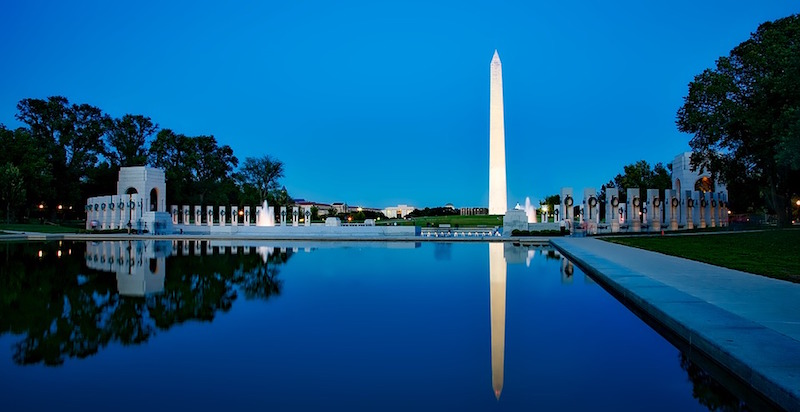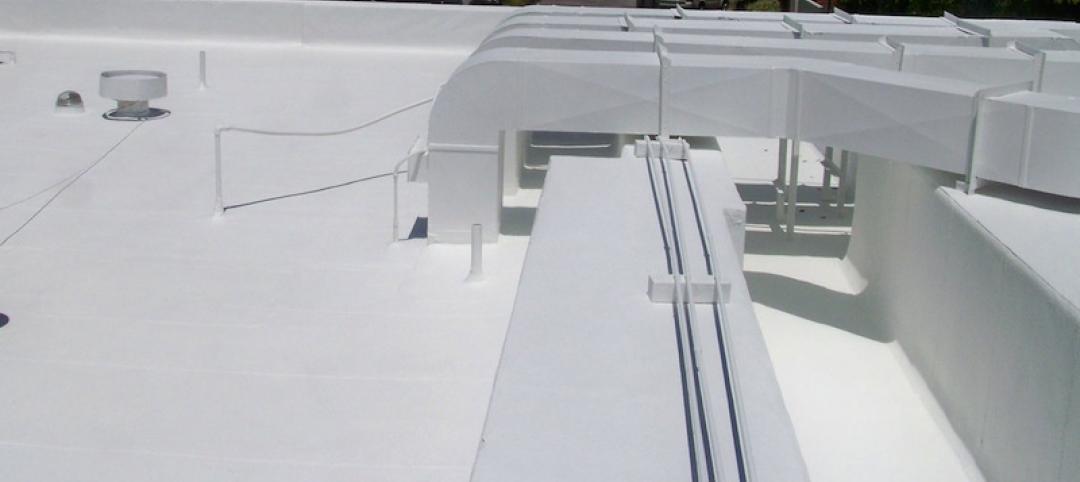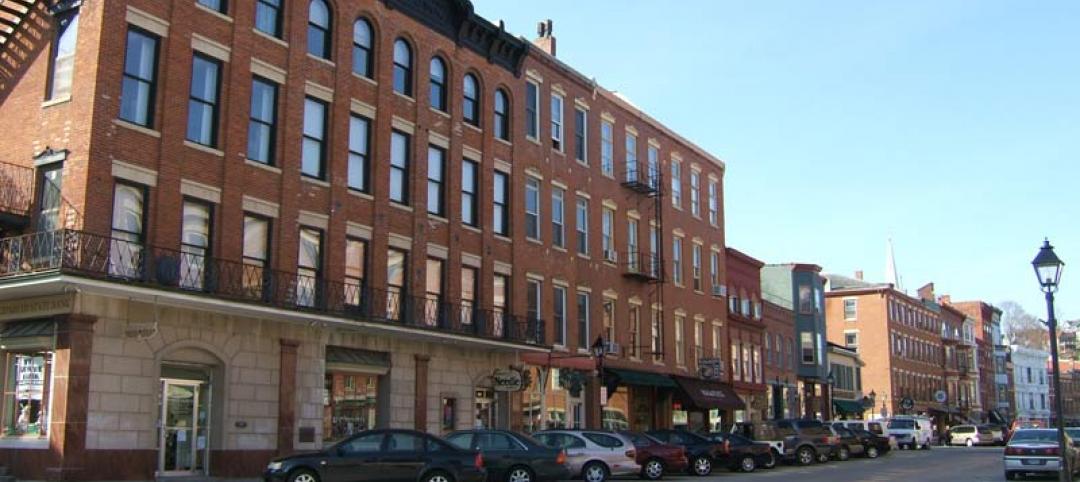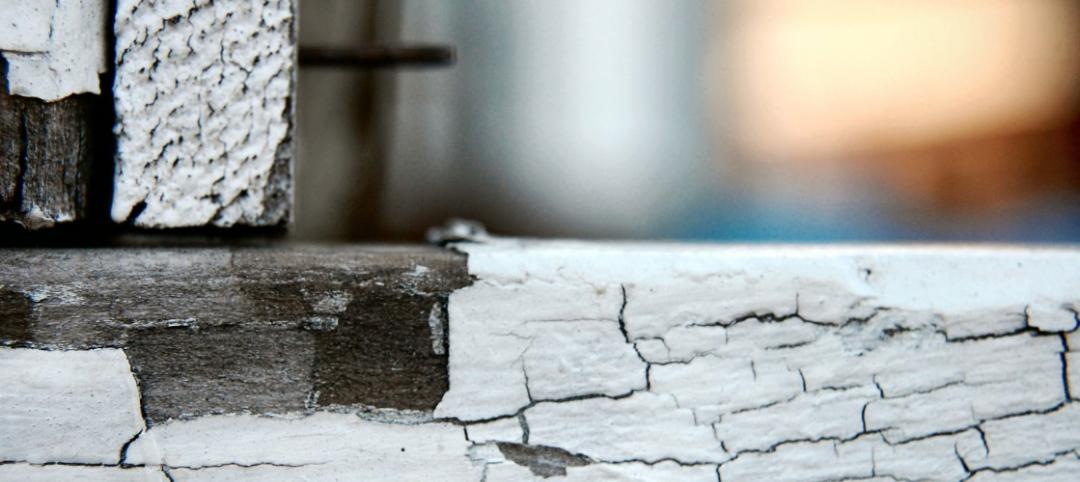Washington, D.C. was named the first LEED for Cities Platinum city in the world by the U.S. Green Building Council last month.
Today, 65% of D.C. neighborhoods are walkable, 58% of commuter trips are by bike, walking, or public transit, and the D.C. government is 100% powered by renewable energy. D.C. is also on track to derive at least one-half of its electricity from renewable resources by 2032.
Launched last year, LEED for Cities enables cities to measure and communicate performance, focusing on outcomes from ongoing sustainability efforts across an array of metrics, including energy, water, waste, transportation, and human experience (which includes education, prosperity, equity, and health and safety). LEED for Cities projects benchmark and track performance using Arc, a digital platform that uses data to provide greater transparency into sustainability efforts and helps cities make more informed decisions, according to a USGBC news release.
D.C. has entered into one of the largest municipal onsite solar projects in the U.S., and completed the largest wind power purchase agreement deal by an American city. The city has also launched Sustainable DC 2.0, a comprehensive city policy statement, and signed a pledge to uphold the commitments in the Paris Climate Accord.
Related Stories
| Mar 27, 2013
Open discussion of regulations on tap at AGC’s 2013 Federal Contractors Conference
The AGC Federal Contractors Conference provides a venue for contractors and federal agency personnel to meet in a collaborative forum to review federal construction contracting issues from around the United States.
| Mar 27, 2013
New BACnet standard offers significant improvements to alarm handling
Changes to the newly published BACnet standard from ASHRAE will encourage smart building automation controls systems including alarms.
| Mar 27, 2013
CEIR releases tool that measures energy, environmental benefits of roof systems
The Center for Environmental Innovation in Roofing (CEIR) released its new RoofPoint Energy and Carbon Calculator that is designed to help roofing professionals measure the energy and environmental benefits of modern roof system technologies.
| Mar 27, 2013
Sustainable wood controversy leads to LEED ‘backlash bill’ in Florida House
A Florida House bill that says state agencies should decide on a project-by-project basis which green certification standards are used on state construction passed a subcommittee vote 12-1.
| Mar 19, 2013
Colorado Zero Energy District project shows how businesses can reach zero-energy standard
An ambitious experiment in Fort Collins, Colo., is supporting development of the nation’s first major urban zero-energy district.
| Mar 19, 2013
New LEED for Neighborhood Development and Historic Preservation guide released
A new guidance manual, LEED for Neighborhood Development and Historic Preservation, outlines strategies geared towards helping building teams incorporate historic resources into their developments.
| Mar 19, 2013
Senate bill would reform EPA’s lead renovation, repair, and painting rules
A bill to reform the EPA’s Lead Renovation, Repair, and Painting Rule (LRRP) was recently introduced in the U.S. Senate.
| Mar 19, 2013
Boston mayor’s energy efficiency disclosure rule under fire
A proposed ordinance in Boston mandating energy audits is coming under criticism from the Greater Boston Real Estate Board and others as being too costly and intrusive.
| Mar 18, 2013
USGBC to GAO: 'Schools need over $271 billion in maintenance fixes'
The Center for Green Schools at the U.S. Green Building Council (USGBC) has released its first “State of our Schools” report, highlighting the critical need to modernize school facilities to meet current health, safety and educational standards.
| Mar 14, 2013
Survey: Market demand now key driver for green construction
Construction firms across the world expect 60% of their projects to be environmentally friendly by 2015, according to the SmartMarket Report of McGraw-Hill Construction.













